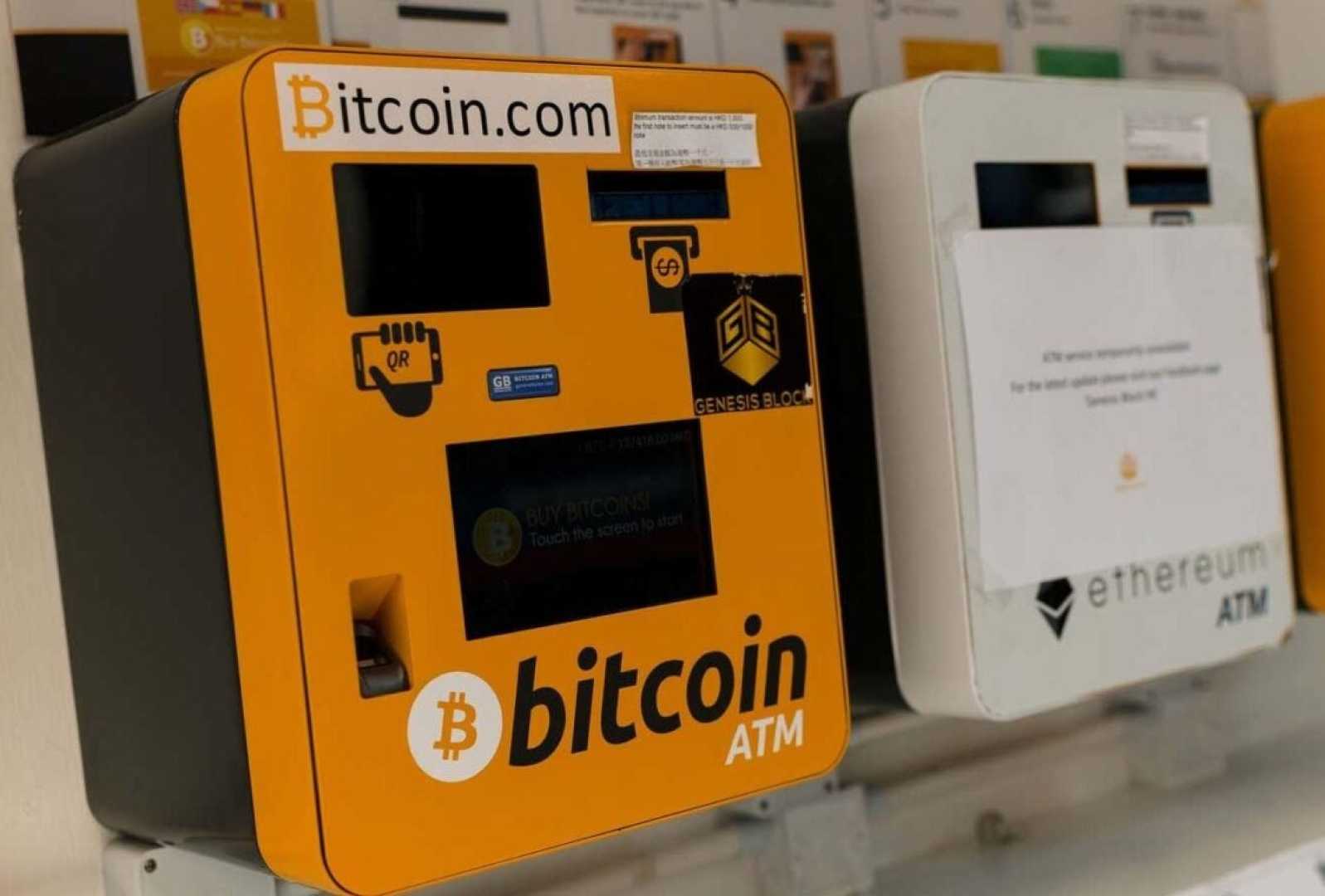Business
Arizona Introduces Strict Rules to Combat Crypto ATM Scams

PHOENIX, Arizona — Arizona announced new regulations this week for cryptocurrency ATMs, aiming to reduce the estimated $177 million losses of residents due to scams. The law focuses on safeguarding vulnerable users, particularly older adults who have been frequent targets of fraud.
The new regulations set a $2,000 daily limit for first-time customers using the kiosks. Existing users can transfer up to $10,500 per day but will need to pass identity checks first. These measures come in response to numerous complaints and growing financial losses related to crypto ATM scams.
Under the updated law, all kiosks must display clear fraud warnings on-screen, requiring users to acknowledge them before proceeding with cash transactions. Receipts will be mandatory for every transaction, creating a documented trail. If a new user is scammed and reports it within 30 days, they will receive a full refund, including any fees.
Arizona officials believe these changes will help curb the exploitation of new users by scammers. Many fraudsters impersonate banks, government agencies, or even family members to convince victims to send cash to crypto wallets under the guise of emergencies. Once the cash is transferred, it is often challenging to trace or recover.
Furthermore, the law promotes the use of advanced blockchain analytics to identify suspicious wallets. Operators are required to implement fraud detection tools to prevent dubious transactions before funds are disbursed. Non-compliance will lead to investigations and penalties by the Arizona Attorney General’s Office.
Despite these improvements, experts express concerns over potential challenges in enforcement. Consumer advocates call for stricter limits on large transactions, while some law enforcement officials seek more authority to freeze suspicious wallets, a proposal that presents technical and legal issues.
The legislation highlights Arizona’s commitment to regulating crypto ATMs rather than banning them outright, aiming to protect residents while keeping cryptocurrency accessible. Awareness and vigilance are critical as users navigate the landscape of cryptocurrency transactions.












